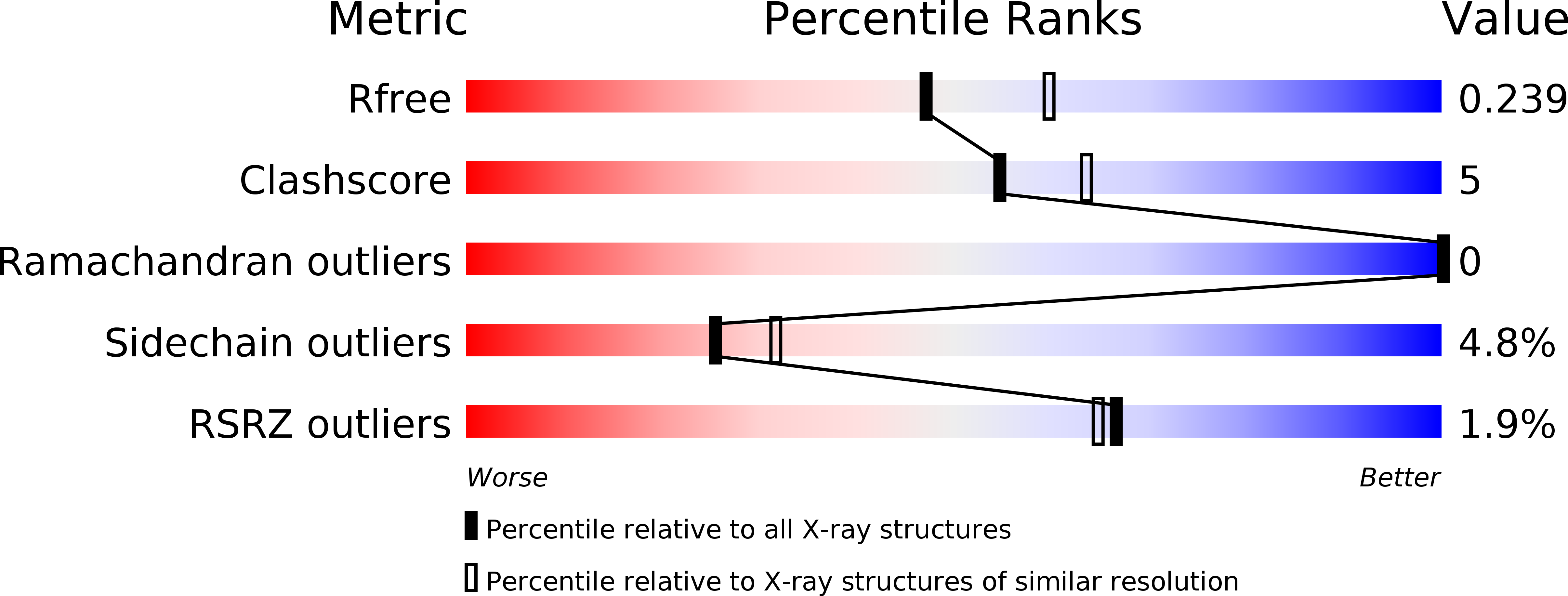
Deposition Date
2011-02-09
Release Date
2012-02-15
Last Version Date
2024-11-20
Entry Detail
PDB ID:
3QNZ
Keywords:
Title:
Orthorhombic form of IgG1 Fab fragment (in complex with antigenic tubulin peptide) sharing same Fv as IgA
Biological Source:
Source Organism(s):
Homo sapiens (Taxon ID: 9606)
Method Details:
Experimental Method:
Resolution:
2.20 Å
R-Value Free:
0.23
R-Value Work:
0.19
R-Value Observed:
0.19
Space Group:
P 21 21 21


